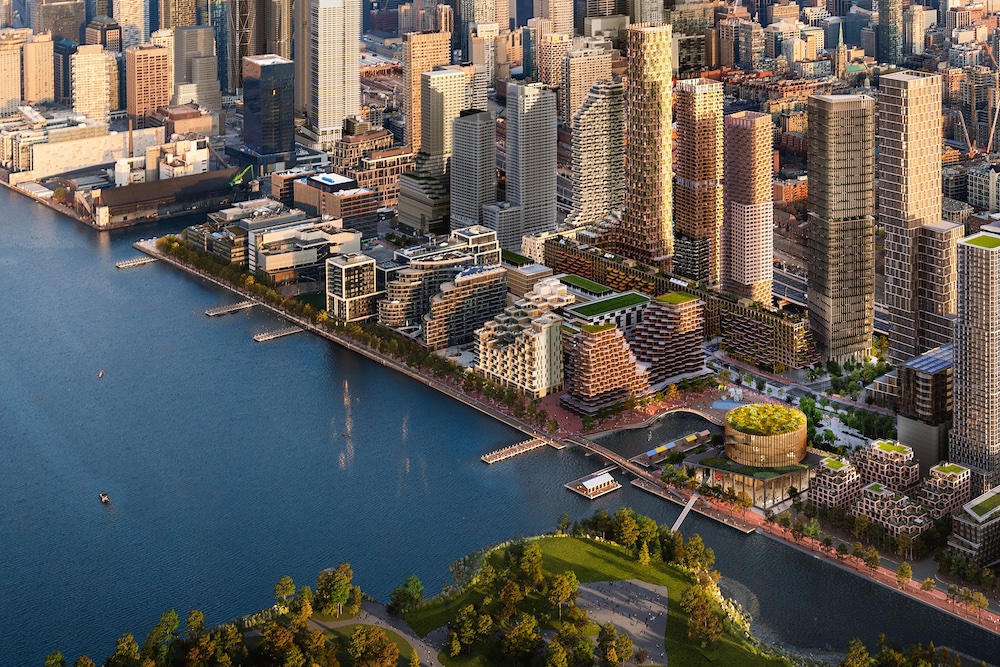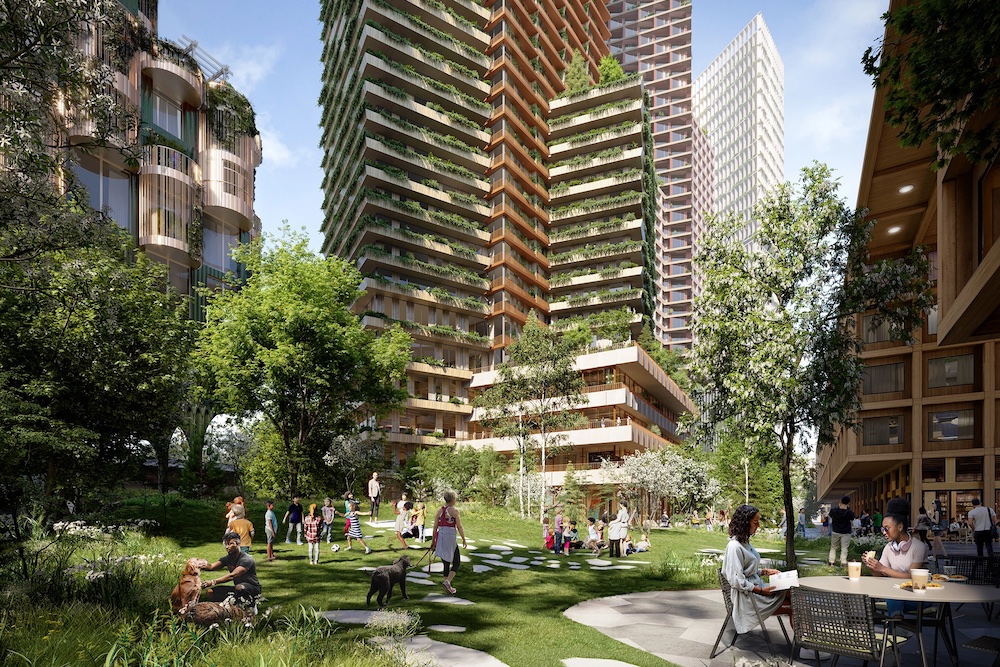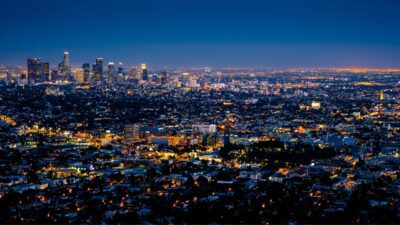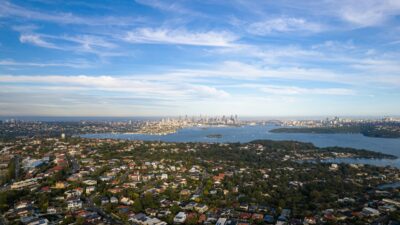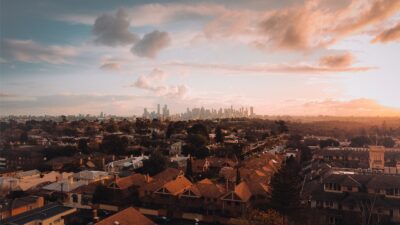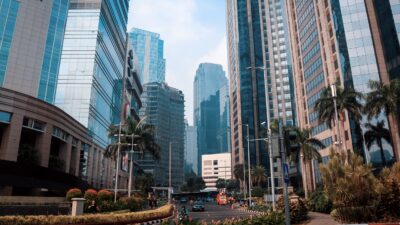Sydney Business Insights
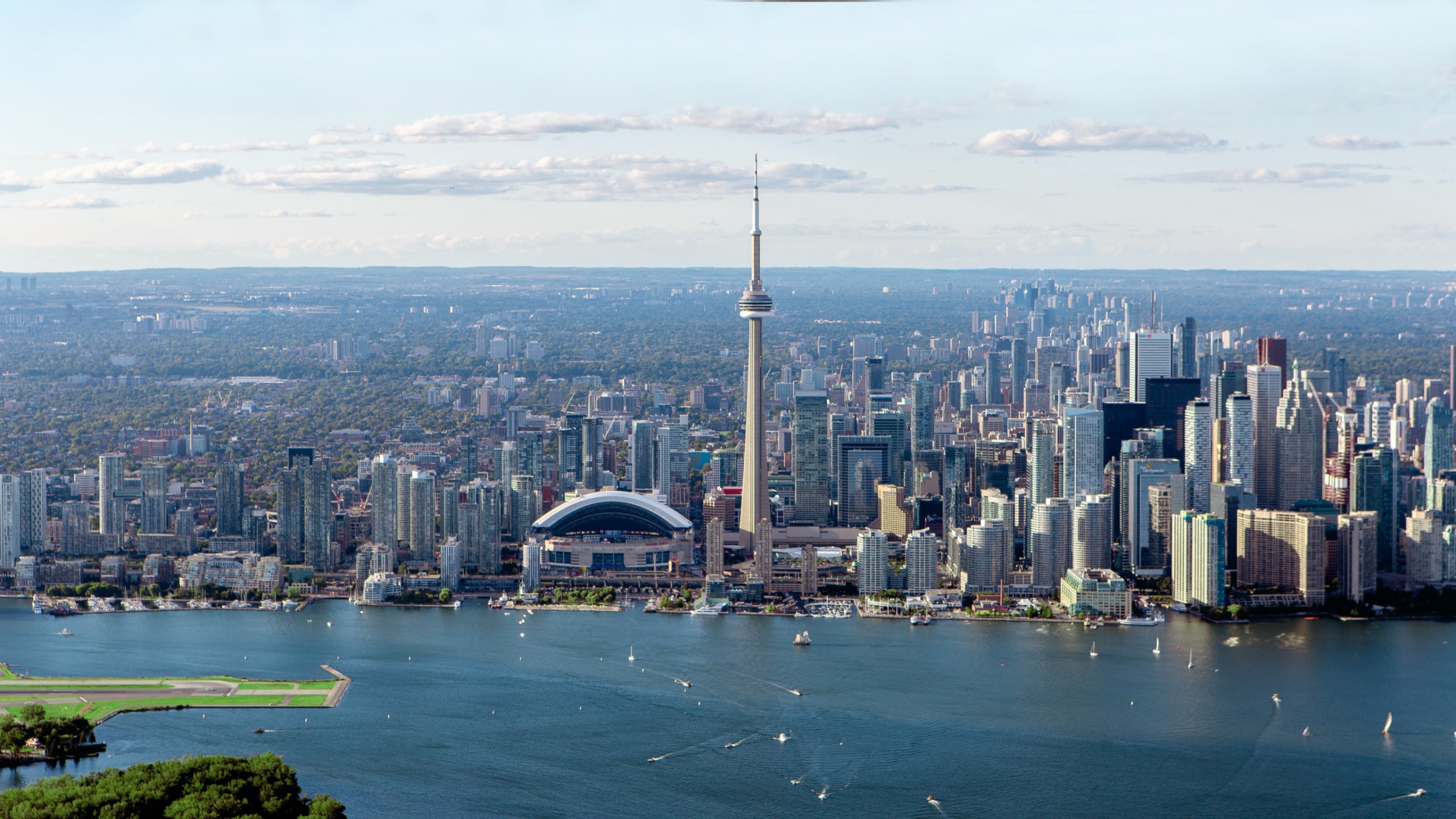
Megatrends watch
The death of the smart city
The development promises something incredibly obvious that the purveyors of the smart city missed: a potential for daily life to be pleasurable.
MIT Technology Review | July 2022
Once upon a time in Toronto a company called Sidewalk Labs – Alphabet’s urban development unit – was handed the keys to 12 acres of prime lakeside real estate.
The year was 2017 and Sidewalk’s vision for Quayside was considered a proof of concept for ‘smart city’ principles: robo-taxis, heated sidewalks, autonomous garbage collection and digital sensors across everything from street crossings to park bench usage.
Three years later, and after intense community concerns about personal privacy for citizens living in a data rich environment, Sidewalk pulled the plug on its $900 million project. An about face also on the part of MIT Tech Review which in its 2018 edition of 10 Breakthrough Technologies celebrated the plan as a one that could “reshape how we live, work and play in urban neighbourhoods.”
Now, in its place, has arisen a greener, more lush, far less techy proposal: 800 affordable apartments, a two-acre forest, a rooftop farm, new arts venue with an indigenous focus and a commitment to zero-carbon.
No longer a techno utopia the new planners are aiming for a more rustic appeal. Foliage, they propose, is “a new form of architectural ornament”.
Turns out that people like trees and are increasingly wary of the promise that more data – specifically more of their personal data – in the hands of private companies is going to create a better city and a better world.
Love and privacy
MIT Tech Review has declared that Sidewalk’s withdrawal represents the “death of the smart city.”
“this retreat to nature reflects the changing times as society has gone from a place of techno-optimism (think Steve Jobs introducing the iPhone) to a place of scepticism, scarred by data collection scandals, misinformation, online harassment and outright techno fraud.”
The ‘smart city’ has been the dazzling promise in urban planning for the last 20 years. The term, coined by IBM, aimed to entice citizens with the conviction that by collecting ever more data on people and objects it is possible to maximise the functionality of cities.
A surveillance state of ever more cameras on more streets, of information saturated Google Maps and Facebook neighbourhood watch popups – these are features humankind has opted into, if not always consciously, but practically in our multiple everyday engagements. It was superficially convenient, it was easy and there was too much fine print.
But now, the citizens of Toronto have risen up and said enough of mining us for information. People, it turns out, don’t want everything to be efficient. The rapid urbanisation megatrend means that more of us will live in urban environments: 60% of the world will live in cities by 2030 and in developed countries more than 80% of the population will be city residents. Civic culture is not nourished by quantifying and controlling everything for efficiency and “functionality”: messiness, diversity, serendipity and the unexpected – these are also the qualities that produce Great Cities, and make cities liveable.
Megatrends watch: rapid urbanisation
Subverting
Stable
Accelerating
This update is part of our Megatrends Watch series, which tracks developments that inform our six global megatrends….
Image: Marcin Skalij
Sydney Business Insights is a University of Sydney Business School initiative aiming to provide the business community and public, including our students, alumni and partners with a deeper understanding of major issues and trends around the future of business.
Share
We believe in open and honest access to knowledge. We use a Creative Commons Attribution NoDerivatives licence for our articles and podcasts, so you can republish them for free, online or in print.
